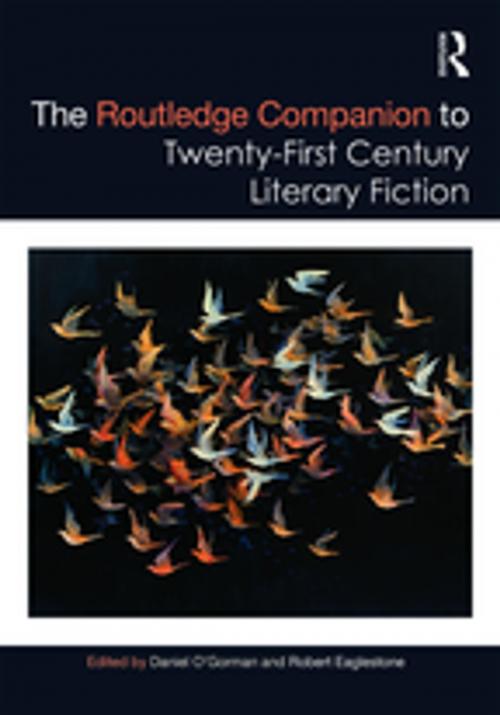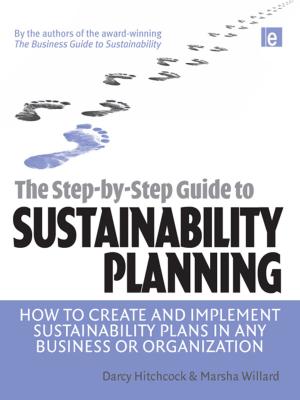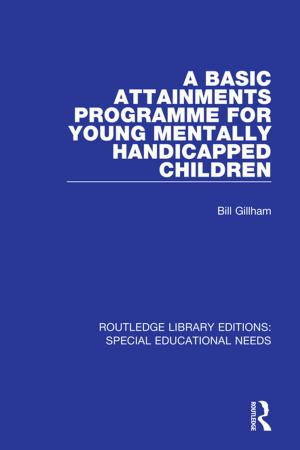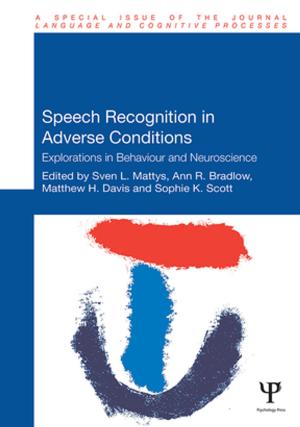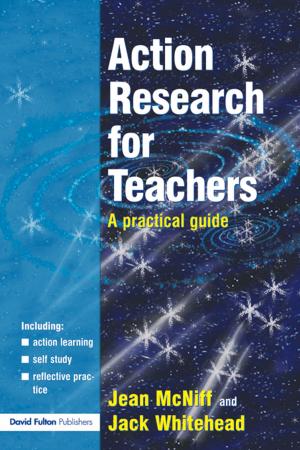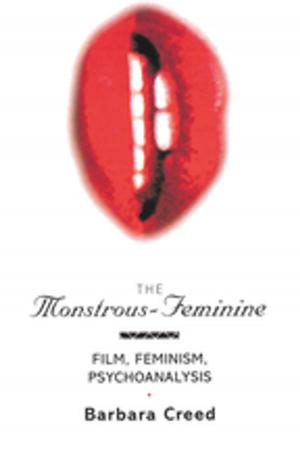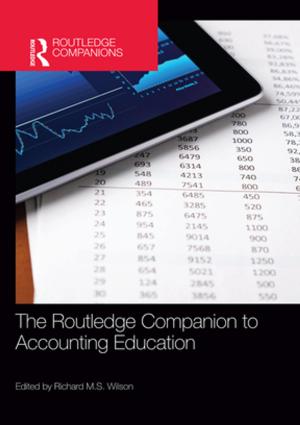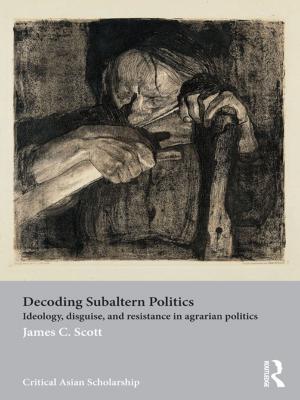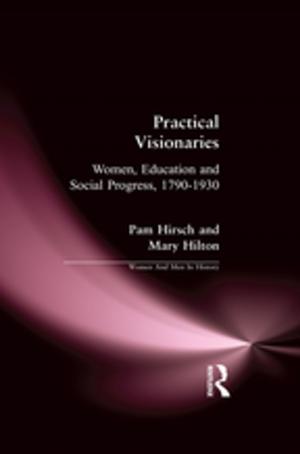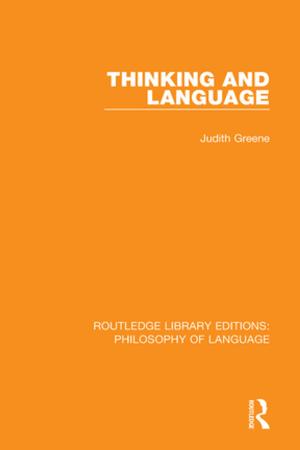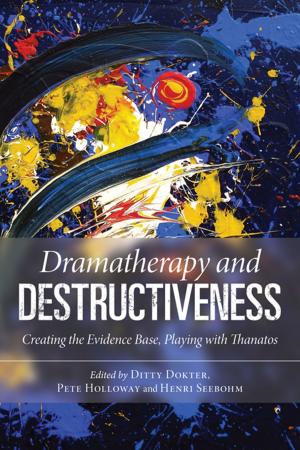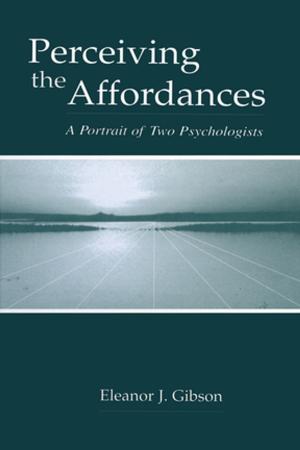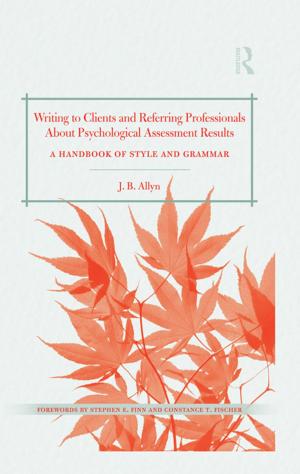The Routledge Companion to Twenty-First Century Literary Fiction
Fiction & Literature, Literary Theory & Criticism| Author: | ISBN: | 9781134743773 | |
| Publisher: | Taylor and Francis | Publication: | January 15, 2019 |
| Imprint: | Routledge | Language: | English |
| Author: | |
| ISBN: | 9781134743773 |
| Publisher: | Taylor and Francis |
| Publication: | January 15, 2019 |
| Imprint: | Routledge |
| Language: | English |
The study of contemporary fiction is a fascinating yet challenging one. Contemporary fiction has immediate relevance to popular culture, the news, scholarly organizations, and education – where it is found on the syllabus in schools and universities – but it also offers challenges. What is ‘contemporary’? How do we track cultural shifts and changes? The Routledge Companion to Twenty-First Century Literary Fiction takes on this challenge, mapping key literary trends from the year 2000 onwards, as the landscape of our century continues to take shape around us. A significant and central intervention into contemporary literature, this Companion offers essential coverage of writers who have risen to prominence since then, such as Hari Kunzru, Jennifer Egan, David Mitchell, Jonathan Lethem, Ali Smith, A. L. Kennedy, Hilary Mantel, Marilynne Robinson, and Colson Whitehead.
Thirty-eight essays by leading and emerging international scholars cover topics such as:
• Identity, including race, sexuality, class, and religion in the twenty-first century;
• The impact of technology, terrorism, activism, and the global economy on the modern world and modern literature;
• The form and format of twenty-first century literary fiction, including analysis of established genres such as the pastoral, graphic novels, and comedic writing, and how these have been adapted in recent years.
Accessible to experts, students, and general readers, The Routledge Companion to Twenty-First Century Literary Fiction provides a map of the critical issues central to the discipline, as well as uncovering new perspectives and new directions for the development of the field. It is essential reading for anyone interested in the past, present, and future of contemporary literature.
The study of contemporary fiction is a fascinating yet challenging one. Contemporary fiction has immediate relevance to popular culture, the news, scholarly organizations, and education – where it is found on the syllabus in schools and universities – but it also offers challenges. What is ‘contemporary’? How do we track cultural shifts and changes? The Routledge Companion to Twenty-First Century Literary Fiction takes on this challenge, mapping key literary trends from the year 2000 onwards, as the landscape of our century continues to take shape around us. A significant and central intervention into contemporary literature, this Companion offers essential coverage of writers who have risen to prominence since then, such as Hari Kunzru, Jennifer Egan, David Mitchell, Jonathan Lethem, Ali Smith, A. L. Kennedy, Hilary Mantel, Marilynne Robinson, and Colson Whitehead.
Thirty-eight essays by leading and emerging international scholars cover topics such as:
• Identity, including race, sexuality, class, and religion in the twenty-first century;
• The impact of technology, terrorism, activism, and the global economy on the modern world and modern literature;
• The form and format of twenty-first century literary fiction, including analysis of established genres such as the pastoral, graphic novels, and comedic writing, and how these have been adapted in recent years.
Accessible to experts, students, and general readers, The Routledge Companion to Twenty-First Century Literary Fiction provides a map of the critical issues central to the discipline, as well as uncovering new perspectives and new directions for the development of the field. It is essential reading for anyone interested in the past, present, and future of contemporary literature.
